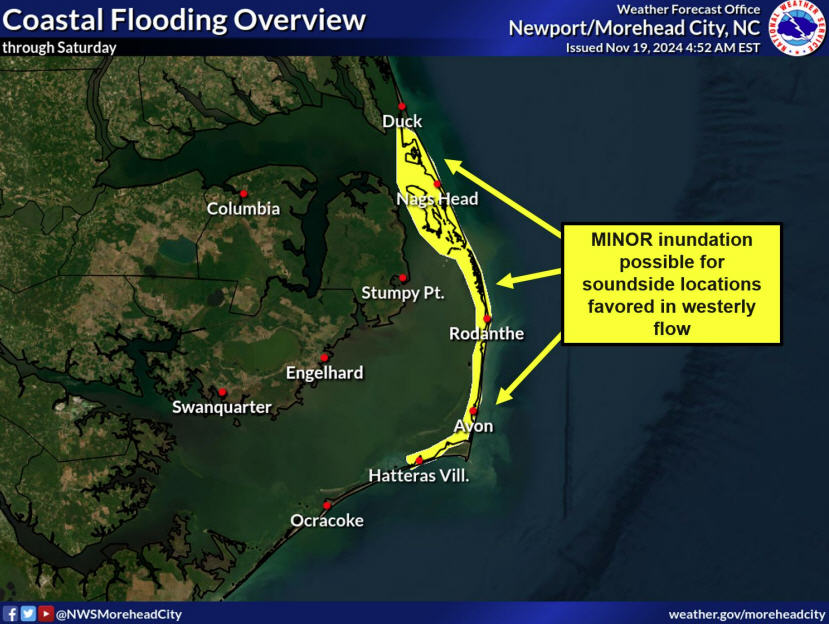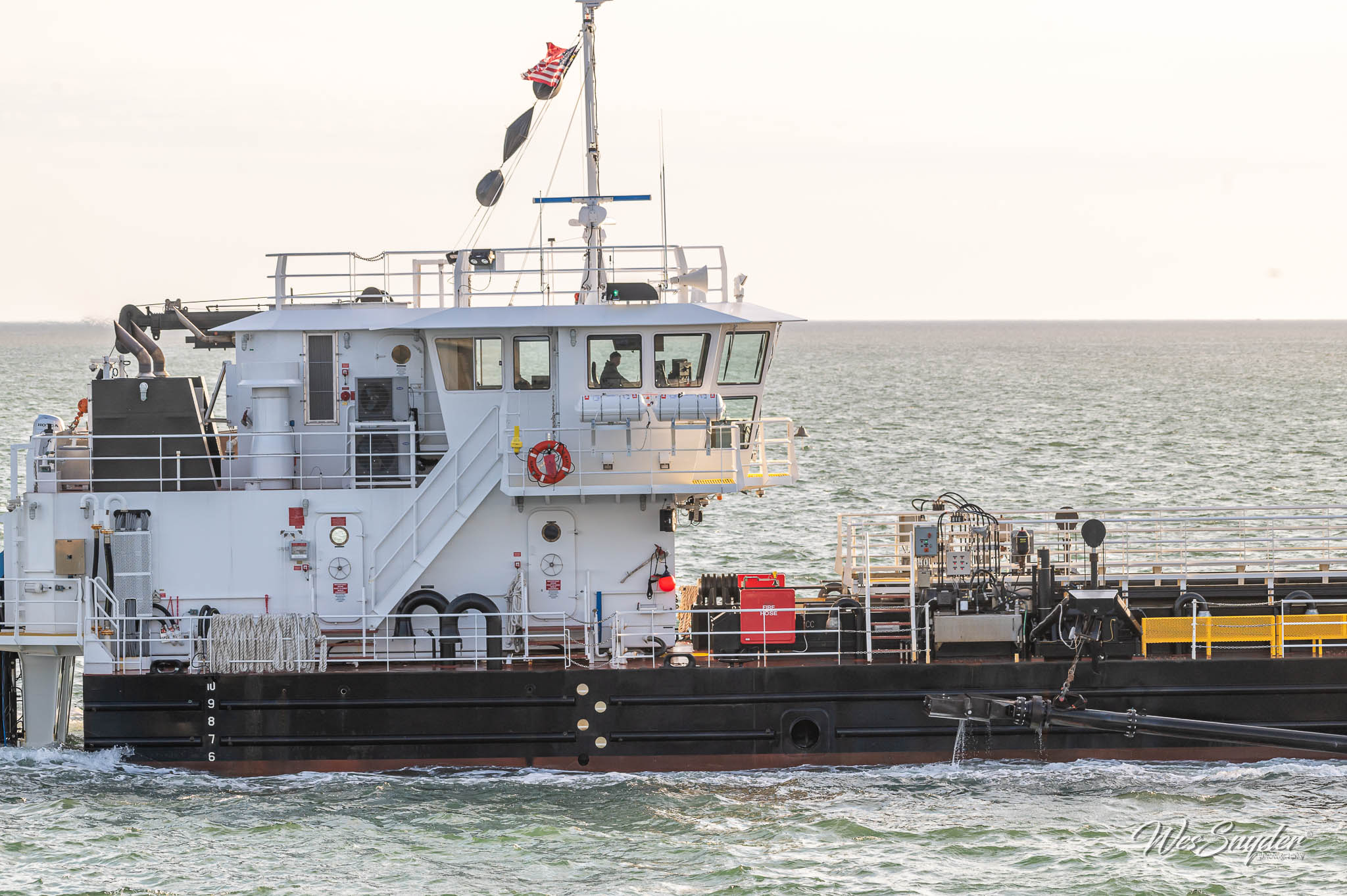Park Service begins construction of new interdunal road
Cape Hatteras National Seashore maintenance staff members began construction this week of a new interdunal road, an off-road vehicle route that will run behind the sand dunes and will connect Ramp 45 in Buxton and Ramp 49 in Frisco.
When it is completed, vehicles will be able to travel behind the dunes on the new road from the Cape Point area to the Frisco beach, bypassing a vehicle-free area and seasonal resource closures that block ORV access between the two points.
Since the seashore’s ORV plan became effective in February 2012, vehicles traveling between Frisco and Cape Point have had to exit the park and travel along Highway 12.
As part of the project, a new ramp will be constructed approximately a mile east of Ramp 49 in Frisco. The new Ramp 48 will allow ORV access to the South Beach at Frisco when turtle nests reaching their hatching window cause a resource closure near Ramp 49.
For the past several years, one or more sea turtles have nested high on the beach just east of Ramp 49. When the resource closures are expanded all the way to the ocean at hatching time, there is no way for ORVs to travel behind the nests, and, therefore, there is no access to more than a mile of beach that remains open to vehicles.
The relatively wide, flat Frisco beach is popular with local and vacationing families in the summer, with anglers in the spring, fall, and winter, and with walkers, joggers, and shell collectors year round.
For all of these reasons, the interdunal road has been a high priority for users of the seashore and for advocates for more public access.
The road was one of 29 construction projects that the Park Service proposed when it implemented the new ORV plan three years ago. However, just one of those projects had been completed — Ramp 25.5 between Avon and Salvo.
Last month, park officials placed five more of those projects, including the interdunal road and Ramp 48, on a fast-track in response to legislation passed by Congress last December. The new law required some adjustments to the ORV plan, including speeding up projects intended to give more access to vehicles.
According to John Kowlok, the seashore’s chief of maintenance, the construction of the interdunal road and Ramp 48, will be done in-house by staff with much of it being paid for by ORV permit fees.
Completion of the road and ramp will be their top priority, Kowlok said. However, he added that workers may have to be pulled off for other urgent issues, such as ramp repair or storm cleanup.
The project is scheduled to be completed by the end of the year, though Kowlok said it could be finished earlier if all goes well and staff members don’t have to be diverted to other work.
There are four phases to the project:
Phase 1 — To allow for the new interdunal road (IDR), staff will remove sections of the Frisco campground boardwalks. The boardwalks will be rebuilt to taper into the IDR. The IDR will be hardened with a shell clay mix at the intersections of the boardwalk for safety and easier pedestrian passage.
Phase 2 — Construct the new IDR from Ramp 49 to the site of the new Ramp 48.
Phase 3: Construct Ramp 48.
Phase 4: Complete the IDR from Ramp 48 to Ramp 45.
The other new construction projects that have been fast-tracked include a 10-car parking lot at Ramp 25, a new Ramp 32 at Little Kinnakeet between Salvo and Avon, and a new Ramp 63 across from Scrag Cedar Road on Ocracoke.







